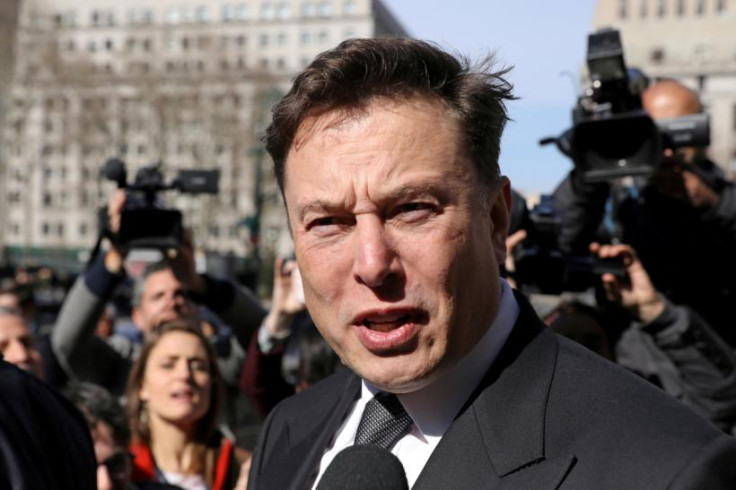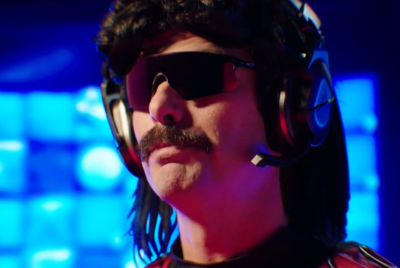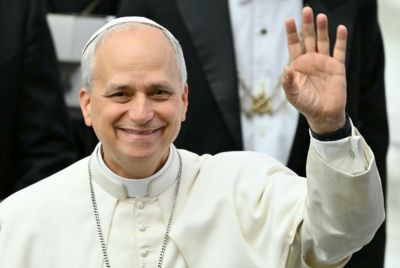Elon Musk is optimistic about Earth's future, explains why he wants to buy Twitter
Musk claims that he was the right person to "unlock" Twitter's "extraordinary potential."
Tesla CEO Elon Musk, in an interview with TED curator Chris Anderson, opened up about his hopes for the future and the reasons why he wants to buy micro blogging platform Twitter.
The interview came shortly after he announced that he was willing to spend $41 billion to buy the social media platform. He also spoke at length of the risks that humanity is facing.
Musk, who dreams of establishing a human settlement on Mars by 2029, says that his motivation and hopes for the future stem from the desire to "not feel sad." Musk often speaks ambitiously about his interest in colonising Mars.
In the interview, he said, "I'm motivated by curiosity more than anything, and just a desire to think about the future and not be sad."
"I'm sometimes sad, but I'm mostly feeling, I guess, relatively optimistic about the future these days. There are certainly some big risks that humanity faces. I think the population collapse is a really big deal that I wish more people would think about," The Independent quoted him as saying.
Adding that the world needs to take action to address climate change, Musk said: "We need to take action on climate sustainability, which is being done, and we need to secure the future of consciousness by being a multi-planet species."
Musk also spoke at length about why he wants to buy Twitter. He claims he is the right person to "unlock" its "extraordinary potential" and turn it into a supporter of free speech.
"I think it's very important for there to be an inclusive arena for free speech. Twitter has become a kind of de facto town square. It's just really important that people have the reality and the perception that they are able to speak freely within the bounds of the law, "said Musk.
"The civilizational risk is decreased the more we can increase trust in Twitter as a public platform," he added. Musk recently bought a large stake in Twitter, which he has criticised for its approach to speech rights.
The billionaire is a frequent Twitter user, regularly mixing in inflammatory and controversial statements about issues or other public figures with remarks that are whimsical or business-focused.
He has also sparred repeatedly with federal securities regulators, who cracked down on his social media use after a purported effort to take Tesla private in 2018 fell apart.
Musk has also used Twitter to court controversy away from the business world. In March, he challenged Russian President Vladimir Putin to a fight following the invasion of Ukraine, and in February, Musk drew condemnation for a tweet comparing Canadian leader Justin Trudeau to Adolf Hitler.

© Copyright IBTimes 2025. All rights reserved.






















